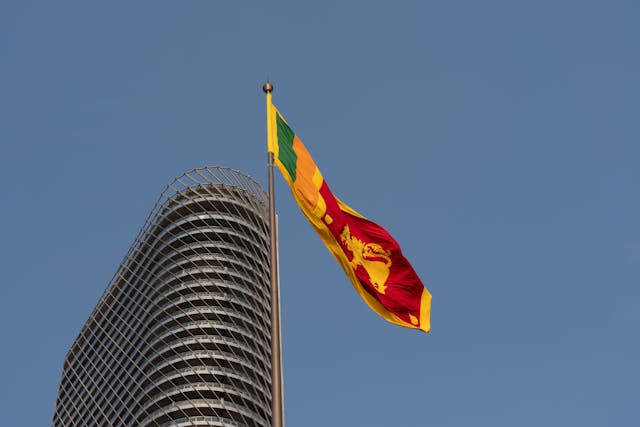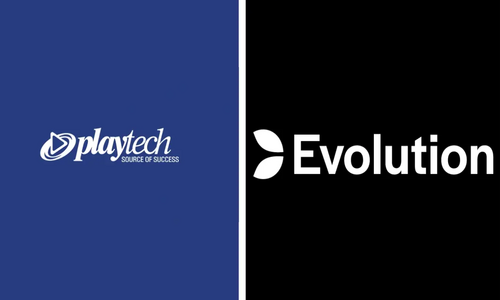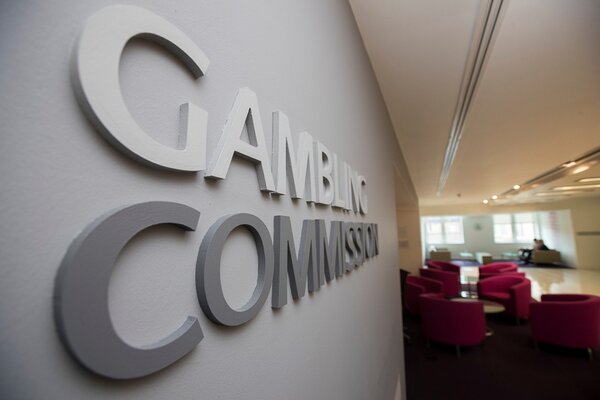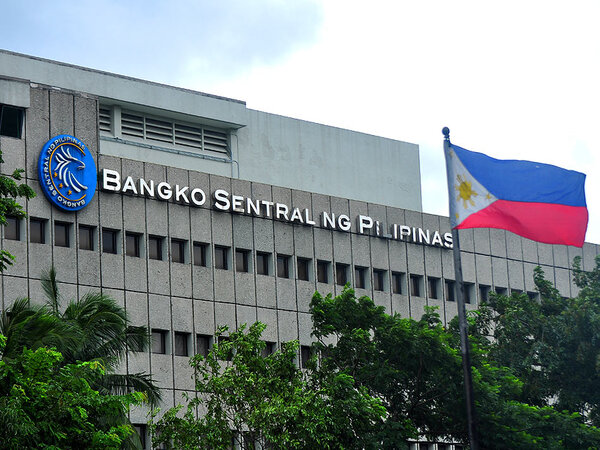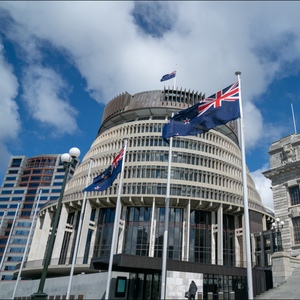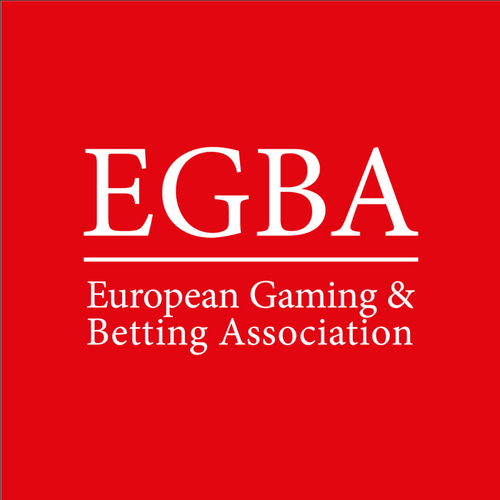
In a landmark move, European gambling regulators have announced a coordinated effort to tackle the growing issue of illegal online gambling across the continent.
This initiative, which involves joint data sharing and enforcement actions, marks a significant escalation in the fight against unlicensed operators who exploit regulatory gaps and endanger consumers.
The Scope of the Problem
Illegal online gambling has been on the rise in Europe, fueled by advances in technology and the borderless nature of the internet. Unlicensed operators often evade regulatory oversight, offering games without proper consumer protections, fair play guarantees, or responsible gambling measures. These practices not only harm players but also undermine the integrity of regulated markets and deprive governments of tax revenue.
According to recent reports, illegal online gambling sites are increasingly targeting European consumers through aggressive advertising on social media, video platforms, and affiliate networks. These sites often operate from jurisdictions with lax regulations, making it difficult for individual countries to take effective action. The proliferation of illegal ads has raised concerns about the exposure of minors and vulnerable groups to gambling-related harm.
The Regulatory Response
In response to these challenges, regulators from seven European countries—Germany, Austria, France, Great Britain, Italy, Portugal, and Spain—have committed to a unified data-sharing mechanism. This agreement, formalized during a high-level meeting in Madrid, aims to strengthen cross-border cooperation and enhance enforcement capabilities.
Spain’s DGOJ announced the initiative.
Under the new framework, regulators will exchange intelligence on illegal operators, including information on their websites, payment methods, and marketing strategies. This data sharing will enable authorities to identify and target unlicensed sites more effectively, disrupting their operations and deterring others from entering the market.
In addition to data sharing, the regulators have pledged to work closely with digital platforms to curb the promotion of illegal gambling. This includes urging social media companies, search engines, and advertising networks to implement stricter content controls and remove unauthorized gambling ads. The cooperation also extends to sharing expertise on identifying, investigating, and sanctioning illegal operators, thereby improving each jurisdiction’s enforcement capacity.
Ivan Montik, founder of Softswiss, an iGaming software provider, noted that the collaboration marks a significant step forward
“The borderless nature of the internet has made it easy for unlicensed operators to evade regulation and target consumers across multiple jurisdictions,” Montik said. “This coordinated effort by European regulators is a game-changer. By sharing data and working together, they can disrupt illegal operations more effectively and safeguard the integrity of regulated markets.”
Others have emphasized the importance of consumer protection in the digital age. “Illegal online gambling sites often lack basic safeguards, such as age verification and responsible gambling tools,” said a spokesperson for the European Gaming and Betting Association (EGBA). “This puts players at risk of fraud, addiction, and other harms. The regulatory initiative is a crucial step in ensuring that consumers have access to safe and regulated gambling options.”
The Impact on Players and Operators
For players, the regulatory initiative offers greater protection and peace of mind. By cracking down on illegal operators, regulators aim to ensure that consumers have access to safe, fair, and regulated gambling options. This includes implementing robust responsible gambling measures, such as self-exclusion tools, deposit limits, and reality checks.
Licensed operators, meanwhile, stand to benefit from a level playing field. Illegal competition often undercuts regulated businesses, driving down prices and eroding consumer trust. By disrupting illegal operations, regulators hope to create a more sustainable and competitive market for licensed operators.
However, some industry observers have cautioned that the regulatory initiative must be balanced with the need to foster innovation and competition. “While it’s important to crack down on illegal operators, we must also ensure that regulated businesses have the flexibility to innovate and meet consumer demand,” said a spokesperson for the International Association of Gaming Regulators (IAGR).
Looking Ahead
The coordinated effort by European regulators marks a significant milestone in the fight against illegal online gambling. However, the battle is far from over. As technology continues to evolve, so too will the tactics of illegal operators. Regulators must remain vigilant and adaptable, continuously updating their strategies to stay ahead of emerging threats.
Looking ahead, regulators are likely to focus on enhancing international cooperation, leveraging technological solutions, and engaging with stakeholders to promote responsible gambling. The success of the initiative will depend on the commitment and collaboration of all parties involved, including regulators, operators, technology providers, and consumers.




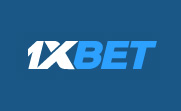




































 Roulette
Roulette
 Blackjack
Blackjack
 Baccarat
Baccarat
 Poker
Poker
 Sic Bo
Sic Bo
 Dragon Tiger
Dragon Tiger
 Game Shows
Game Shows  Top 5 Games
Top 5 Games  See more
See more  Roulette Casinos
Roulette Casinos  Low Limit
Low Limit  High Limit / VIP
High Limit / VIP  Exclusive
Exclusive  How to Play
How to Play  Basic Strategy
Basic Strategy  Top Tips
Top Tips  FAQ
FAQ  Blackjack Casinos
Blackjack Casinos  Baccarat Casinos
Baccarat Casinos  Bonuses
Bonuses  Poker Casinos
Poker Casinos  Game Providers
Game Providers  Sic Bo Casinos
Sic Bo Casinos  Dragon Tiger Casinos
Dragon Tiger Casinos  Credit and Debit Card
Credit and Debit Card  e-Wallet
e-Wallet  Cryptocurrency
Cryptocurrency  Bank and Checks
Bank and Checks  Pay by Phone and SMS
Pay by Phone and SMS  See more
See more  How-To Guides
How-To Guides  Top Lists
Top Lists  In-Depth
In-Depth  Strategy
Strategy  Casino & Games
Casino & Games  Insight
Insight  News
News  Promotions
Promotions 
 Guide to Live Casinos
Guide to Live Casinos  Top 10 Live Casino Tips
Top 10 Live Casino Tips  Studio Locations
Studio Locations  FAQ & Help
FAQ & Help  Meet The Dealers
Meet The Dealers  Our Awards
Our Awards  How We Rate
How We Rate  Responsible Gambling
Responsible Gambling 




























 ENG
ENG 

 Facebook
Facebook
 Pinterest
Pinterest
 Twitter
Twitter
 LinkedIn
LinkedIn
 Copy Link
Copy Link 

